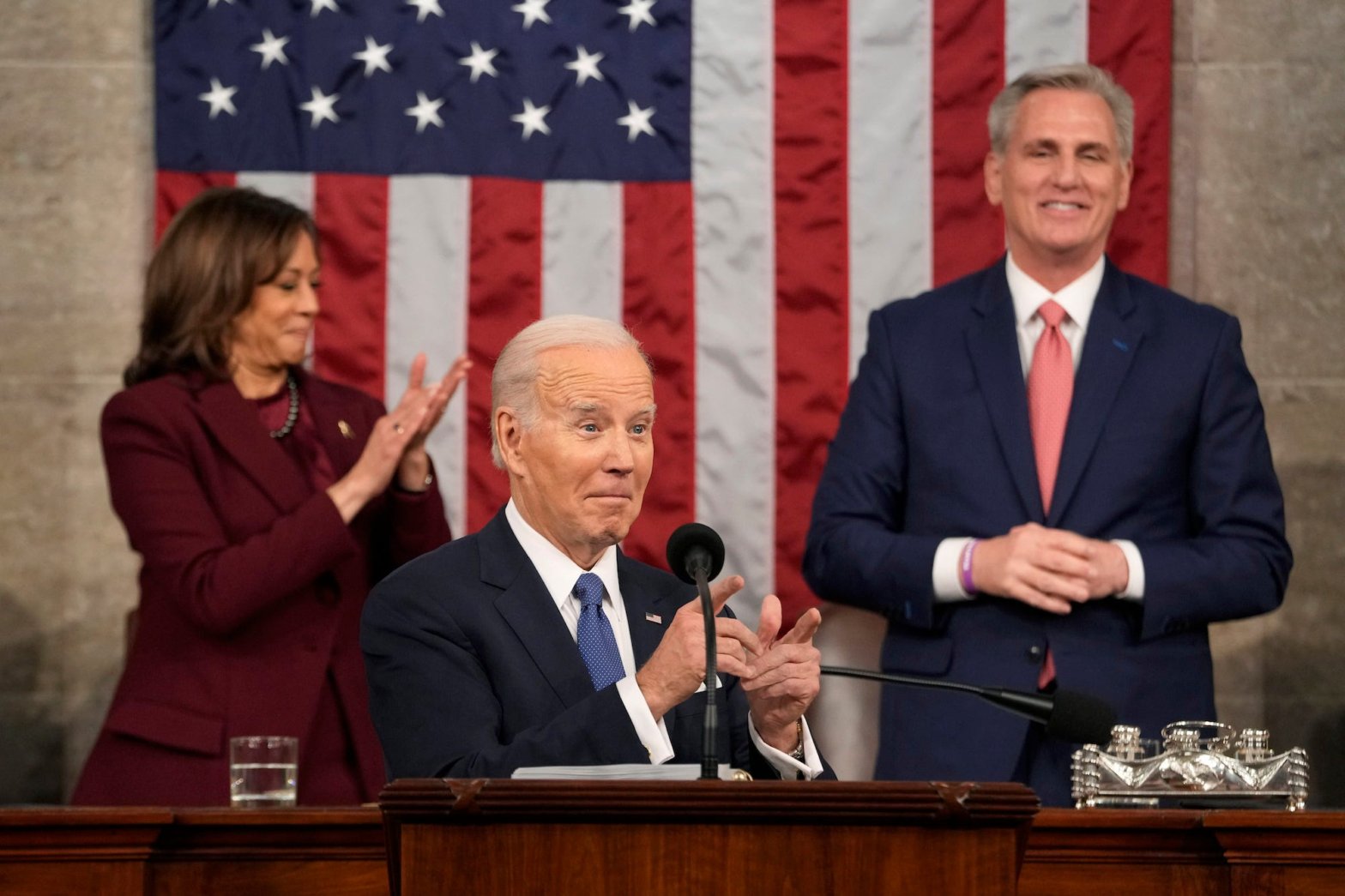Tighter lending due to the banking crisis will slow the economy, resulting in less federal revenue. So Congress will have to lift the debt ceiling sooner than anticipated, a Stifel strategist said. “Receipts to the government — all those cash flows — are probably going to slow.” Loading Something is loading.
Thanks for signing up!
Access your favorite topics in a personalized feed while you’re on the go.
The banking turmoil could accelerate urgency on the debt ceiling, according to Brian Gardner, Stifel’s chief Washington policy strategist.
This is because as banks become more cautious with lending in the wake of Silicon Valley Bank’s collapse, the economy as a whole will cool and limit the amount of revenue the government receives, he told Yahoo Finance Live.
“We’re probably going to see a slowing down of the economy, a little contraction of credit. So receipts to the government — those cash flows — are probably going to slow,” he said.
The US officially hit its $31.6 trillion debt limit in January, and lawmakers have been deadlocked on raising it. Since then, the Treasury Department has used “extraordinary measures” to continue servicing US debt payments.
But those measures are expected to run out sometime this summer, requiring a narrowly divided Congress to pass legislation that sets a higher debt limit — or else face a catastrophic default.
Gardner estimated the debt-ceiling deadline would move up by days or weeks rather than months. But the narrower timeframe is still enough to raise risks as lawmakers take on both the banking crisis and debt ceiling later this year.
“Chances of not getting a deal in a timely way are low. We’re probably going to get a deal. But those chances are uncomfortably high even though they’re low,” he said. “The longer this goes on, the more chance there is of a mistake that somebody drops the ball between the administration and Capitol Hill.”
In addition, any legislation to address the banking crisis could also be attached to a bill to lift the debt ceiling, Gardner added, further complicating efforts to avoid a historic default.
Some ideas that lawmakers have raised include expanding the level of deposits that the FDIC will guarantee and tightening regulatory oversight on banks.
“It’s very hard to predict, but what you can predict is that lawmakers are going to look at that debt-ceiling bill as the way to get their agenda through,” he said.
With neither party conceding to the other, Gardner thinks that stock market volatility will force Congress to reach a deal on the debt ceiling, noting that a similar standoff in 2011 was resolved as investors began realizing that a default could actually occur.
“That volatility in the market is what really forced Congress to finally act,” he said. “A lot of times it’s market action, market pressure that gets Washington to act.”
